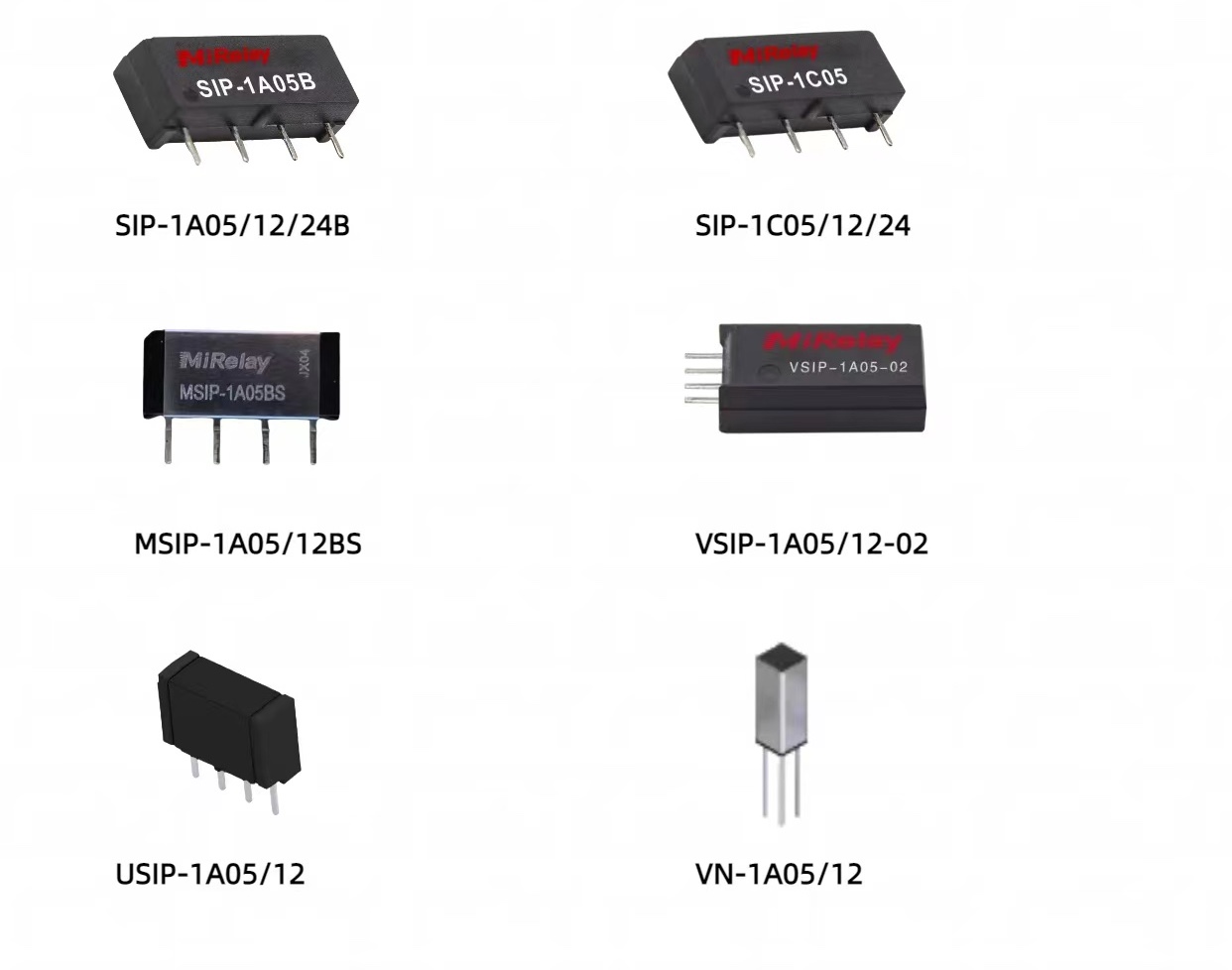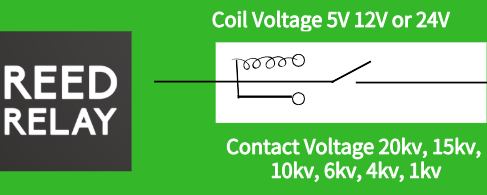
Vertical Mount
Space Saving
High Reliability
VN Series Reed Relays
Vertical mounting reed relays designed to minimize PCB footprint. Ideal for high-density applications where board space is at a premium.
Product Overview
📏 Vertical Footprint
Designed to be mounted vertically, saving valuable PCB real estate in crowded designs.
🔌 1 Form A
Standard normally open contact configuration suitable for general purpose switching.
⚡ Standard Coils
Available in standard 5V, 12V, and 24V coil voltages to interface with common logic levels.
Model Selection
VN – [1A] [05]
VN
Series Name
[1A]
Contact Form: 1A (NO)
[05]
Coil Voltage: 05, 12, 24
